Explore a comprehensive guide to 6 inpatient, 4 outpatient, and 5 detox centers across Nevada. Compare costs, reviews, and treatment options to find the perfect rehab facility for your needs.

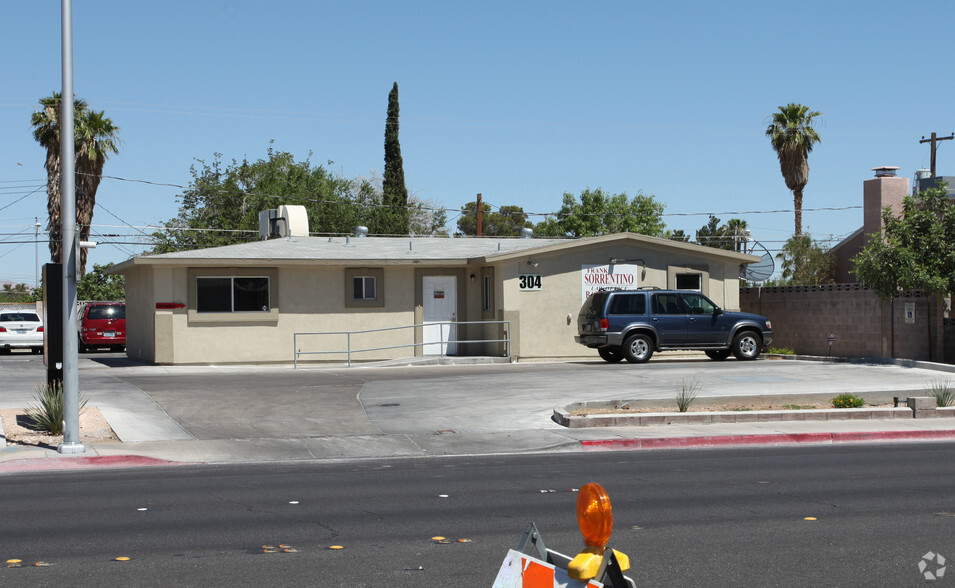 | A Better Today Recovery ServicesA Better Today Recovery Services in Las Vegas, NV 89107, offers a comprehensive range of addiction treatment and recovery services designed to empower individuals on their journey to wellness. The facility focuses on personalized care, utilizing evidence-based therapies, group support, and holistic approaches to address the unique needs of each client. With a dedicated team of professionals, A Better Today aims to create a supportive environment where individuals can heal, grow, and build a brighter future free from addiction. 304 S. Jones Blvd #2853, Las Vegas, NV 89107 | Levels of Care:DetoxInpatientoutpatient Payment Options:Private insurance Self-Pay Options Financial Aid Sliding Scale Payment Assistance Military Insurance | ||
 | ABC TherapyABC Therapy in Las Vegas, NV 89101, provides specialized therapeutic services focused on mental health and addiction recovery. The center offers a range of evidence-based therapies tailored to meet the individual needs of clients, including cognitive-behavioral therapy, group sessions, and holistic approaches. With a compassionate team of licensed professionals, ABC Therapy aims to support individuals in overcoming challenges, enhancing their emotional well-being, and achieving sustainable recovery in a safe and nurturing environment. 730 N Eastern Ave Ste 130, Las Vegas, NV 89101 | Levels of Care:outpatient Payment Options:Private Insurance Self-Pay Options Financial Aid Sliding Scale Payment Assistance Medicaid | ||
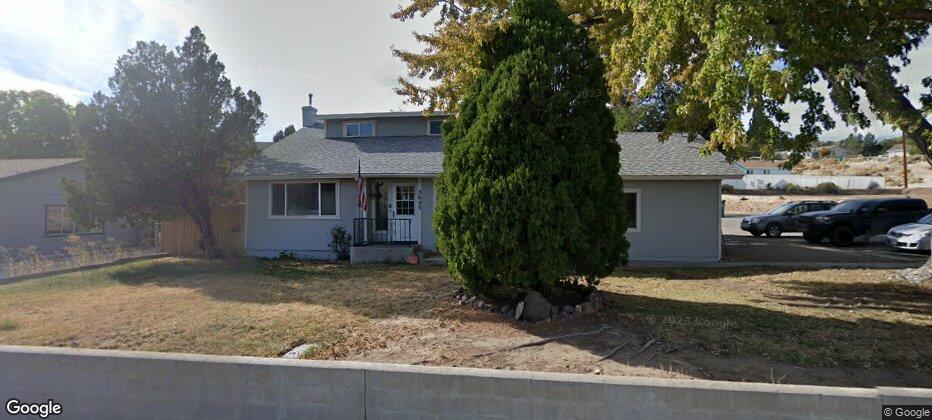 | Action of Washoe CountyAction of Washoe County in Sun Valley, NV 89433, is dedicated to providing essential resources and support for individuals facing challenges related to addiction and mental health. The organization offers a variety of programs and services aimed at fostering recovery, including counseling, community outreach, and educational workshops. With a focus on empowerment and resilience, Action of Washoe County strives to create a supportive environment where individuals can rebuild their lives and achieve lasting wellness. 3655 El Rancho Dr, Sun Valley, NV 89433 | Levels of Care:Inpatient Rehab in Sun Valley - NV Payment Options:Self-Pay / Cash | ||
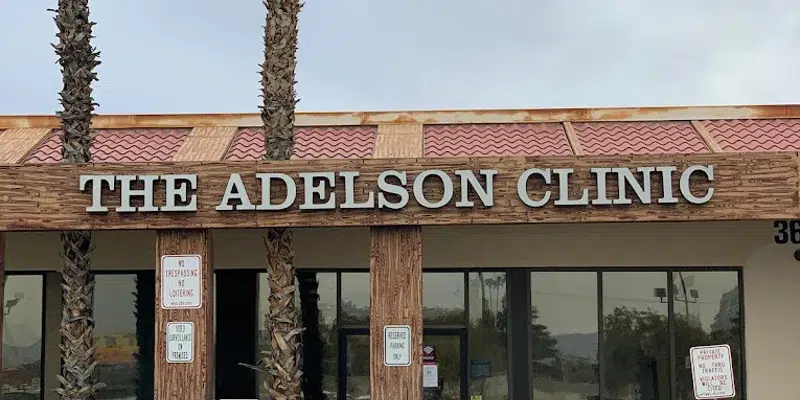 | Adelson ClinicAdelson Clinic in Las Vegas, NV 89169, specializes in providing comprehensive mental health and addiction treatment services. The clinic employs a multidisciplinary approach, offering personalized care that includes therapy, medication management, and holistic support. With a dedicated team of experienced professionals, Adelson Clinic focuses on helping individuals achieve recovery and improve their overall well-being in a compassionate and supportive environment. 3661 S Maryland Pkwy Ste 64, Las Vegas, NV 89169 | Levels of Care:Detoxoutpatient Payment Options:Medicaid Cash or self-payment State-financed health insurance plan other than Medicaid Sliding fee scale (fee is based on income and other factors) | ||
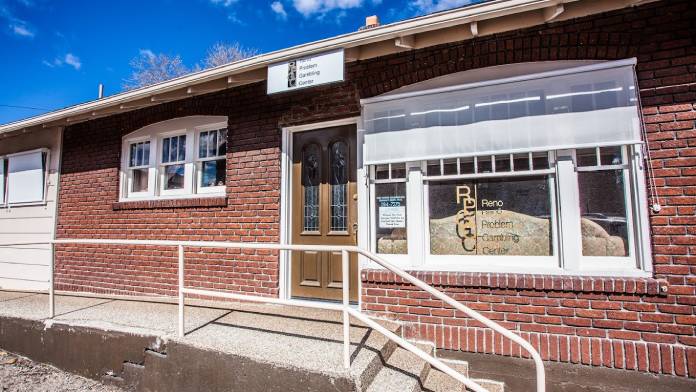 | Adolescent Treatment CenterAdolescent Treatment Center in Sparks, NV 89431, is dedicated to providing specialized mental health and addiction treatment for adolescents. The center offers a range of evidence-based programs designed to address the unique challenges faced by young individuals, including individual therapy, group sessions, and family support. With a focus on creating a safe and nurturing environment, the Adolescent Treatment Center aims to empower youth to overcome obstacles, develop coping strategies, and achieve lasting recovery. 480 Galletti Wy # 8, Sparks, NV 89431 | Levels of Care:Inpatient Payment Options:Medicaid Financial Aid | ||
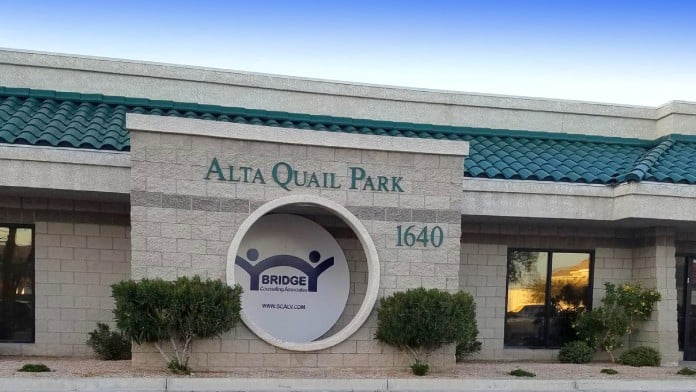 | Bridge Counseling AssociatesBridge Counseling Associates, located at 1640 Alta Drive, Suite 4, Las Vegas, NV, is committed to providing professional counseling services for individuals, couples, and families. The center offers a wide range of therapeutic approaches, including cognitive-behavioral therapy, trauma-informed care, and support for anxiety and depression. With a team of experienced and compassionate therapists, Bridge Counseling Associates focuses on creating a safe and supportive environment where clients can explore their challenges and work towards personal growth and healing. Dedicated to promoting mental wellness and resilience, the center empowers individuals to navigate life\'s complexities and build healthier relationships. Explore the valuable services offered at Bridge Counseling Associates and take the first step towards a better tomorrow. 1640 Alta Dr, Las Vegas, NV 89106 | Levels of Care:outpatient Payment Options:Private insurance Self-Pay Options Financial Aid Medicaid | ||
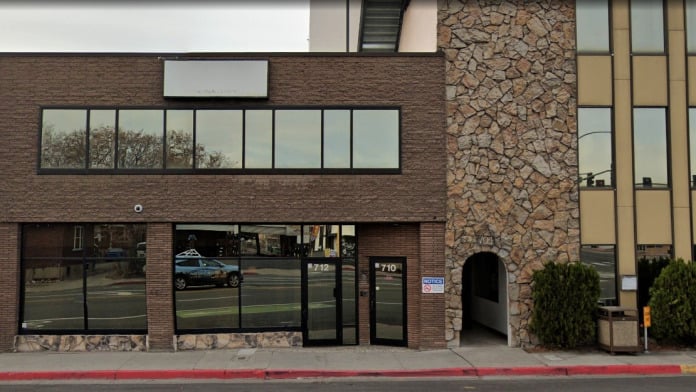 | Bristlecone Family ResourcesBristlecone Family Resources, located at 704 Mill Street, Reno, NV, is dedicated to providing comprehensive support services for families in need. The organization offers a variety of programs, including mental health counseling, substance use treatment, parenting support, and educational resources. With a focus on holistic care, Bristlecone Family Resources aims to empower families to overcome challenges and build healthier, more resilient lives. The experienced team of professionals works collaboratively with clients to develop personalized plans that address their unique needs and goals. Committed to fostering a supportive community, Bristlecone Family Resources plays a vital role in enhancing the well-being of families throughout the Reno area. Discover the impactful services available at Bristlecone Family Resources and take the first step towards a brighter future. 704 Mill St, Reno, NV 89502 | Levels of Care:DetoxInpatientoutpatient Payment Options:Private Insurance Self-Pay Options Financial Aid Military Insurance Medicaid | ||
Canyon Ridge Christian Church - Lone Mountain CampusCanyon Ridge Christian Church - Lone Mountain Campus6200 West Lone Mountain Road Las Vegas NV, 89130 www.canyonridge.org(702) 658-2722 | Levels of Care:IOP Payment Options:Self-pay options Medicaid Medicare | |||
Carson City Community CounselCarson City Community Counsel | ||||
Carson Tahoe Specialty Medical CenterCarson Tahoe Specialty Medical Center | Payment Options:Medicaid | |||
Center for Addiction MedicineCenter for Addiction Medicine | Payment Options:Self-pay options | |||
Center for Behavioral HealthCenter for Behavioral Health | Payment Options:Medicaid | |||
Center for Behavioral HealthCenter for Behavioral Health | Payment Options:Medicaid | |||
Center for Behavioral Health - CheyenneCenter for Behavioral Health - Cheyenne | Payment Options:Medicaid | |||
Center for Behavioral Health - McDanielCenter for Behavioral Health - McDaniel | Payment Options:Medicaid | |||
Choices GroupChoices Group | Payment Options:Medicaid | |||
Choices GroupChoices Group | Payment Options:Medicaid | |||
Co Occurring Program - Adult Mental HealthCo Occurring Program - Adult Mental Health | Payment Options:Financing available | |||
Community Counseling CenterCommunity Counseling Center | Payment Options:Medicaid | |||
Community Counseling CenterCommunity Counseling Center | Payment Options:Medicaid |
Find Nevada drug rehabs in cities near you or sort by letter.
For anyone seeking help for addiction for themselves or a loved one calls to Addiction Helpline America are completely confidential and available 24/7.
Please note: any treatment center listed on our site that receives calls is a paid advertiser.
Calls to a specific treatment center’s listing will be connected directly to that center.
Calls to our general helpline will be answered by treatment providers, all of whom are paid advertisers.
By calling the helpline, you agree to our terms and conditions. These calls are free of charge and carry no obligation to enter treatment. Neither Sober Steps nor anyone answering your call receives a commission or fee based on your choice of treatment provider.
If you’d like to explore additional treatment options or connect with a specific rehab center, you can browse our top-rated listings, visit our homepage, or call us at (844) 561-0606. You may also contact us for further assistance.
Calls to any general helpline will be answered or returned by one of the treatment providers listed, each of which is a paid advertiser:
Our helpline is available 24 hours a day, 7 days a week at no cost to you and with no obligation for you to enter into treatment. We are committed to providing support and guidance whenever you need it.
In some cases, Addiction Helpline America charges our verified partner a modest cost per call. This fee helps us cover the costs of building and maintaining our website, ensuring that we can continue to offer this valuable service to those in need.